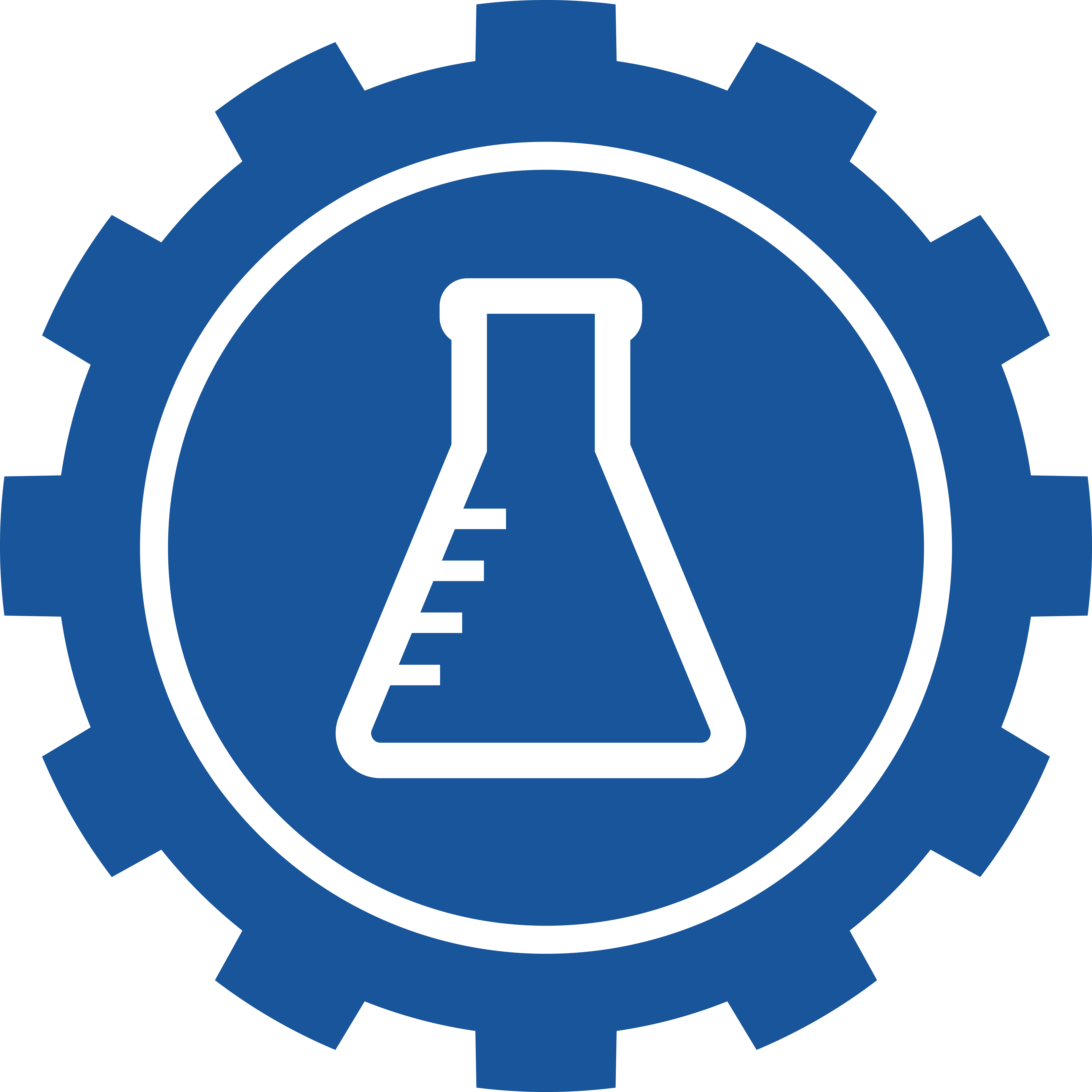Inevitably, the session is approaching with great strides... But after it, a new semester and new perspectives! If you are still not sure whether it is worth joining ChSRS, and especially the research section, we invite you to read two stories - Iga and Michał. Spoiler: it is worth joining us!
How did your work start?
Iga: I started working in the Society at the end of the first semester, i.e. before I finished my first year of studies. I was intrigued by the topic of the work, so I went to talk about it with the Supervisor. The conversation confirmed my interest, and the Supervisor made an impression of a person who would teach me a lot if only I engaged in the work entrusted to me.
From the very beginning, I liked the work very much, it required a lot of independence, but at the same time, when I needed help or certain issues were not fully understandable to me, I was not left alone. After conducting the first few syntheses, an analysis of the composition of the samples received was carried out. For this purpose, I had to familiarize myself with the techniques of mass spectroscopy (ESI MS), infrared spectroscopy (ATR IR) and nuclear magnetic resonance spectroscopy (NMR). In high school, we learned a little about spectral analysis, we practiced mass, IR and NMR spectra analysis on simple examples. At that time, I thought that it would be a long time before I would analyze something I made myself in this way. To my surprise, less than a year later I was sitting hunched over in front of my own spectra and Excel spreadsheet, calculating indicators from the performed syntheses in the evaluation of my own products. This was very exciting for me. On the other hand, something I knew nothing about before was electrodialysis, which I am trying to use in my research in an unusual way - instead of desalting, it is reactively for the synthesis of organic compounds. The fruit of my work is the co-authorship of a scientific article in the journal Desalination and three patent applications. I also had the opportunity to present the results of my research during a poster session at the 1st Conference of Scientific Circles of the Silesian University of Technology.
Currently, I am increasingly involved in research on the possibility of using electrodialysis, including electrodialysis with a bipolar membrane, in the synthesis of organic compounds and epoxy resins. In addition to improving my skills in synthesis and electrodialysis, in the next semester I also plan to evaluate my products in terms of cytotoxicity and phytotoxicity. This research will direct my further research towards the possibilities of future use of the obtained products.
Michał: I am in my 3'rd year of studies. I started working in the first semester. I was interested in the research topic described on the website and the instructor, with whom I had previously had laboratories and he seemed to me to be a person who could teach me a lot and help me develop.
During the first experiments, I felt a bit overwhelmed by new things, because from simple titrations in technical school I suddenly jumped to conductometric titrations with a set of devices connected, trying to obtain glycolic acid from chloroacetic acid on a column packed with ion exchange resin. Despite this initial flood of information, I managed to get through the preliminary research, thanks to which we managed to publish a scientific article in the journal Desalination.
What do you like most about your job?
Iga: Huge opportunities for my scientific development. I didn't think I could start research so early. Being involved in research requires working overtime, but it doesn't limit me, and gives me more opportunities, at the same time posing new challenges. In the course of my work, I have greatly expanded my knowledge and learned many new techniques. I read scientific articles and patent literature, which is a very valuable experience. At the same time, I am taking part in the inter-faculty PBL "Epoxy resin-based composites that attenuate ionizing radiation". The additional involvement was not an obstacle and is a great opportunity to expand your knowledge. What is probably most important, everything depends on us and our commitment to what we want to do.
Michał: The opportunity to develop and educate ourselves. Great freedom in research. I started with organic syntheses using electromembrane techniques and now, for almost 2 years, I have been dealing with polymers and material properties. In the course of my research, I managed to submit five patent applications on a different subject of research, from organic syntheses to material recovery of polymers.
Is there anything you would like to tell your colleagues?
Iga: I strongly encourage you to start your research work. Don't think that you don't know enough to start - no one expects a student to come with expert knowledge. You will learn everything. And over time, the original topic will begin to "evolve" in the direction of your scientific fascinations.
Michał: Let them not be afraid of the unknown when choosing research works, specializations and later diploma theses. Let them not be afraid of going to a department where they have never had classes before, no one requires them to be experts in this field when starting research.
Finally, we are very pleased to inform you that Iga and Michał are co-authors of the publication "Improving the room-temperature Heintz synthesis of diglycolic acid by electrodialytic recovery of organic solvents with simultaneous product concentration", which was published on December 11, 2024, in the prestigious journal Desalination.
We would like to thank our colleague for these answers and wish you more success!
Text and conducting interview: Agnieszka Kicińska
Editors: Agnieszka Kicińska, Kinga Adamiec, Maciej Gdala










